The Trump administration is moving to cut over $1 billion in federal funding for public broadcasting—a move that could wipe out nearly all national support for NPR, PBS, and their local stations. According to officials familiar with the plan, the White House is preparing a formal rescission request to Congress that would cancel $1.1 billion already allocated to the Corporation for Public Broadcasting (CPB), the main agency that funds public media. The cut would cover almost two years of CPB support, though about $100 million for emergency communications would be left intact, according to multiple reports.
The CPB operates on a two-year advance funding system meant to protect public media from political swings. But much of the money for 2025 has already been spent, which makes it harder to reverse. While NPR and PBS raise money through sponsors and donations, their local stations—especially in rural areas—depend heavily on CPB dollars to stay on the air. Without that support, many stations say they’ll be forced to cut staff, cancel programming, or shut down entirely. One internal memo warned the cuts would hit like “an asteroid,” with many stations unprepared for the sudden loss.
This proposal comes as both organizations are under investigation for breaking rules that prohibit the broadcasting of commercials.
Critics of federal support say public radio and TV are no longer essential in the age of smartphones and streaming. Representative Marjorie Taylor Greene argued rural Americans now get news online. But backers of public broadcasting say that argument ignores the digital divide. In places without fast, reliable internet, public radio and TV are still the only consistent source of local news and educational shows.
NPR has especially come under the microscope due to its perceived biases against conservatives. Last year, NPR’s senior business editor, Uri Berliner, published a critique of the organization’s handling of major news events, arguing that its editorial direction had become significantly biased after Donald Trump’s 2016 election. Berliner highlighted how NPR had aligned itself with figures like Adam Schiff and had neglected journalistic balance, ultimately transforming into what he described as a left-leaning propaganda outlet. He pointed to a dramatic shift in NPR’s audience demographics, noting that from 2011 to 2023, the percentage of conservative listeners had dropped from 26 percent to just 11 percent, while liberal listeners had grown to 67 percent. He attributed this decline in viewpoint diversity to a lack of internal ideological balance, citing his discovery that NPR had 87 registered Democrats in editorial positions and zero Republicans. When he had raised this issue in an all-staff meeting, he was met with indifference rather than concern.
Last month, Katherine Maher, the leader of NPR, embarrassed herself in front of Congress, revealing how out of the mainstream the organization has truly become.
It really is amazing watching people like Katherine Maher hear things she’s said and posted, and be so stunned at how absurd and ridiculous they sound that they deny saying what they’ve already said
pic.twitter.com/nP2IKv3VtN— Ian Miller (@ianmSC) March 26, 2025
The performance was so poor that even liberal commentators have begun calling for public funding to be stripped due to how “woke” public broadcasting has become.
[Read More: NVIDIA Makes HUGE Announcement For America]
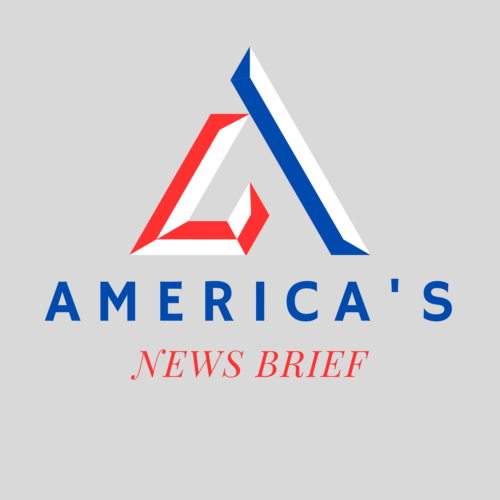
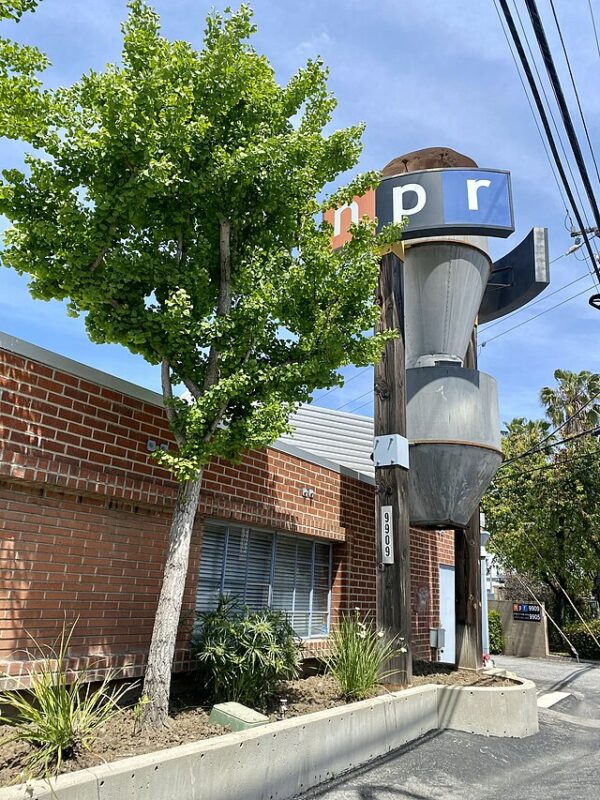

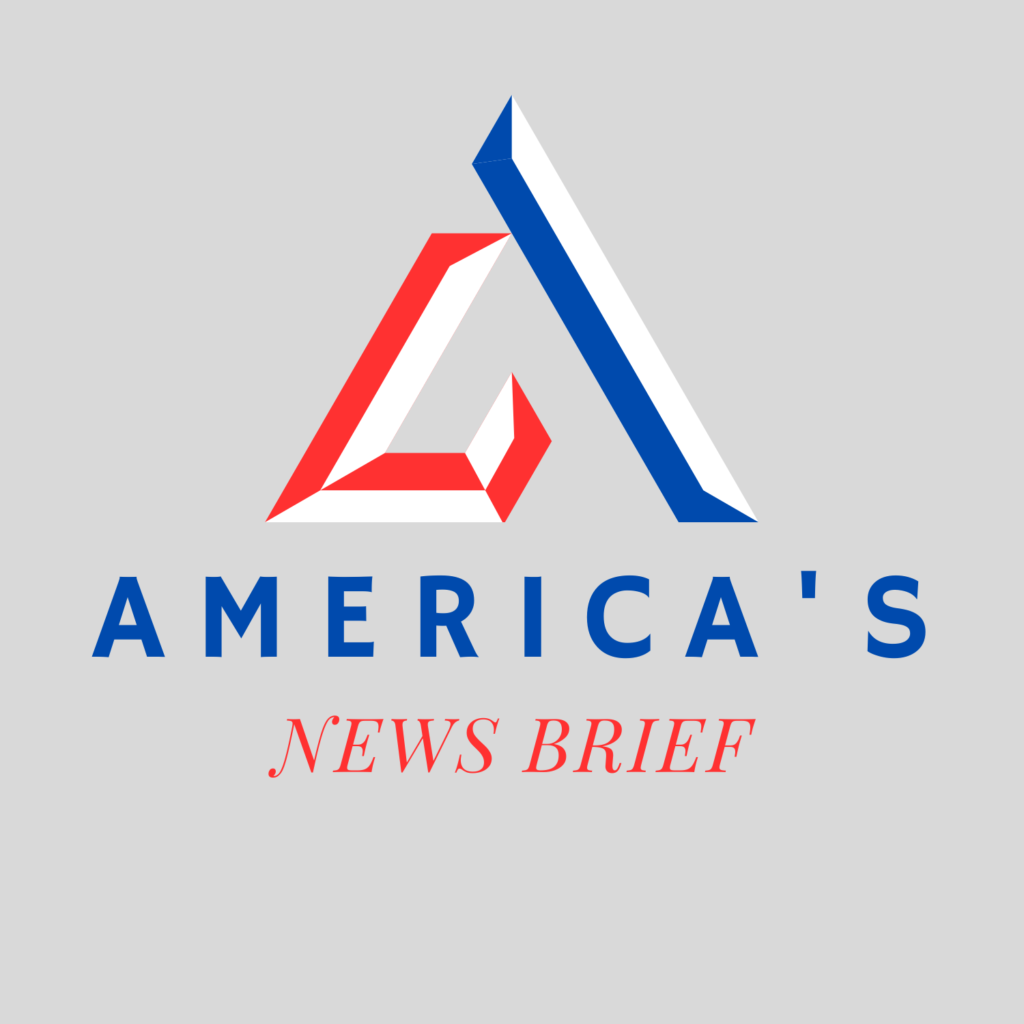

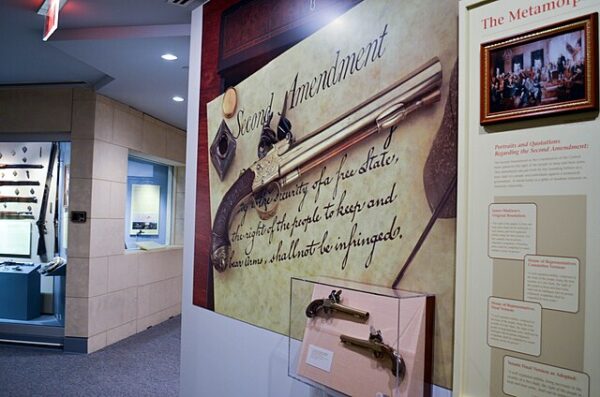
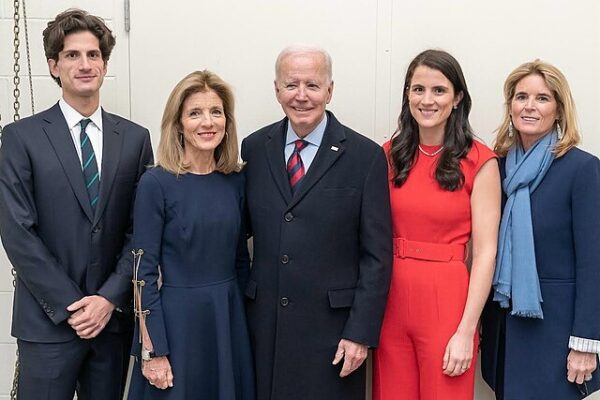




I am sure PBS and NPR started out with “good intensions” like most government funded programs. But also like most government programs they became “MAKE WORK JOBS PROGRAMS FOR LIBERALS” that are taken over by liberal leaning people. The place this is most noticeable is in it’s news programming being almost clones of the MSM offerings before any of the more conservative of network offerings that are exploding. The documentaries, the Masterpiece, the artistic and musical offerings are all worth having. There are programs in all of those genres that can’t be seen anywhere else except on pay for cable. PBS and NPR could continue but the “alleged news” programs MUST go. Also there are certain types of programs; cooking shows” for example that are just way too prevalent.
In one 12 hour period I counted it 7 – 10 cooking programs that seem to have been captured by a certain group I will call PBS families. You probably know the ones I mean. Then during the daytime programming logically speaking PBS is watched by senior retirees. Let me clue you in; “RETIREES DON’T WATCH COOKING SHOWS”. Retirees like to eat out and don’t like to cook. Go to any restaurant after 3:30 PM and you will see them. Nothing wrong with it but it proves they are not sitting home watching the massive number of cooking shows on PBS. I know they are probably very cheap to run but nobodies watching because they want to. We used to have Cooks Country and Americas Test Kitchen, both with the same hosts and performers. Then Chris Kimble leaves and starts his own Milk Street with him and new chefs and cooks with him traveling all ofer the world now showing the same foods only from different cities. Then even these shows are most reruns over and over and over. Maybe my cities PBS is the only one that sucks so badly but I doubt it. There are maybe 10 programs a month that I watch because they are new and not reruns, but thats it. I currently support PBS only and would gladly pay more for better programming. I would like to know how much the people running PBS in my town get for salaries. I suspect they are very well compensated for a mediocre product.
Austin CityLimits and Antiques Roadshow are useful shows, with nothing similar on network and little on basic cable. Sesame Street was fine, until it became woke Propaganda. The rest is left wing garbage.
They always cry for donors during shows on PBS so why NOT cancel Fed Funds & see if they can do it alone
Hey PBS NPR Compete, Get radical, new brand, market